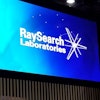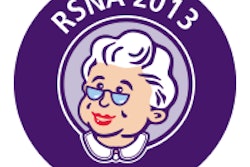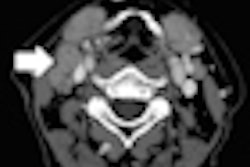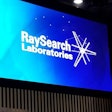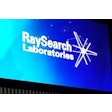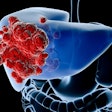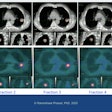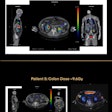Radiation therapy with or without chemotherapy is less effective for HIV-positive than HIV-negative head and neck cancer patients in terms of recurrence and overall survival rates, according to a study presented at the Multidisciplinary Head and Neck Cancer Symposium, which starts today in Phoenix.
Dr. Waleed Mourad, PhD, a radiation oncologist at Beth Israel Medical Center, presented the study's findings at a January 26 press conference. Mourad and colleagues retrospectively studied 71 HIV-positive head and neck cancer patients treated at Beth Israel between 1997 and 2010. Patients were followed for approximately 47 months.
The patients were diagnosed at a median age of 34 and had HIV for a duration of six to 20 years. They underwent radiation therapy for head and neck cancer at a median age of 51, although patients were as young as 32 and as old as 72 years.
While not all patients underwent chemotherapy, all did have radiation therapy. They received a median dose of 70 Gy to the gross disease, 60 Gy to 63 Gy to high-risk neck tumors, and 54 Gy to low-risk neck tumors and lateral retropharyngeal nodes. All fractions were given at the rate of 1.8 Gy to 2 Gy, between 49 and 64 days.
Four years after treatment, the risk of local recurrence was 69% and overall survival was 55%. Ten percent of the patients also developed a second primary malignancy within five years after receiving radiation therapy.
Mourad stated that standard radiotherapy treatments, with or without chemotherapy, were not as effective for patients with HIV, compared to those who were HIV-negative. He recommended that new treatments be developed to improve outcomes and to minimize the related comorbidities that these patients experience.
